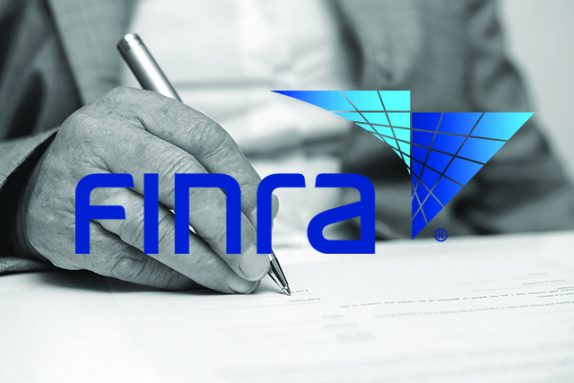FINRA recently submitted to the SEC proposed changes to its expungement rules that would significantly limit a broker’s ability to remove disclosures from their Central Registration Depository (CRD) record. These changes, contained in a 557-page document filed on September 22, 2020 (pdf available here), revise the procedural requirements for expungement proceedings and codify dozens of expungement-related rules previously covered by a scattered collection of non-binding FINRA training materials and arbitrator guidelines. The new rules would go into effect no later than 120 days after receiving SEC approval.
While FINRA’s proposal contains many changes, there are two worth highlighting:
1. The first change would apply a much stricter time limit for filing expungement requests.
As it stands right now, the only meaningful limitations on when a broker can seek an expungement request are FINRA’s general-purpose eligibility rules (Rules 12206 and 13206). These rules state that no claim (including expungement) is eligible for arbitration if the occurrence or event giving rise to the claim occurred more than six years ago. FINRA’s proposed rule would change the eligibility rules for expungement arbitrations specifically, so that brokers must file their expungement arbitrations either: 1) two years from the time a customer arbitration or lawsuit ends; or 2) six years from the date of disclosure, if the disclosure related to a customer complaint that the customer never pursued in arbitration or court.
In practice, the current eligibility rule is treated like other affirmative defenses, requiring an opposing party to argue that the arbitration is untimely. Given that most expungements are unopposed, this rarely takes place – even when brokers seek to expunge disclosures well over six years old. Occasionally panelists would bring up eligibility arguments on their own, but there is no requirement that they do so. Ultimately the power to rule an expungement ineligible based on timing rules rests with the arbitration panel.
2. The second change would modify who determines whether an expungement request is timely.
This second major rule revision would give the Director of the Office of Dispute Resolution the power to deem an expungement arbitration untimely, taking that decision out of the hands of the arbitrators. This rule would further allow the Director to deem an expungement arbitration untimely even if the proceeding is unopposed, and the arbitrators choose not to raise the argument themselves. This represents a drastic change from precedent, as traditionally the applicability of eligibility rules rests solely with the arbitrators hearing the matter.
The ultimate consequence of these revisions is a dramatic reduction in the number of eligible expungement proceedings. FINRA reports that about 75% of expungement arbitrations filed between 2016 and 2019 would be ineligible under these new rules, because they were either filed more than two years after the conclusion of the underlying arbitration or lawsuit, or they were filed more than six years after the customer complained without filing an arbitration or lawsuit. If these changes are approved there will be a short “grace period” before they take effect, but when that grace period expires old CRD disclosures will be ineligible for expungement and will permanently remain on a broker’s record.
If you have any questions on any of these changes or how you can obtain an expungement before these changes go into effect, please contact any member of our Securities Group.
– Keesal, Young & Logan Securities Group
This information has been prepared by Keesal, Young & Logan for informational purposes only and is not legal advice. Transmission of the information is not intended to create, and receipt does not constitute, an attorney-client relationship between you and Keesal, Young & Logan. You should not act upon this information without seeking professional counsel.
